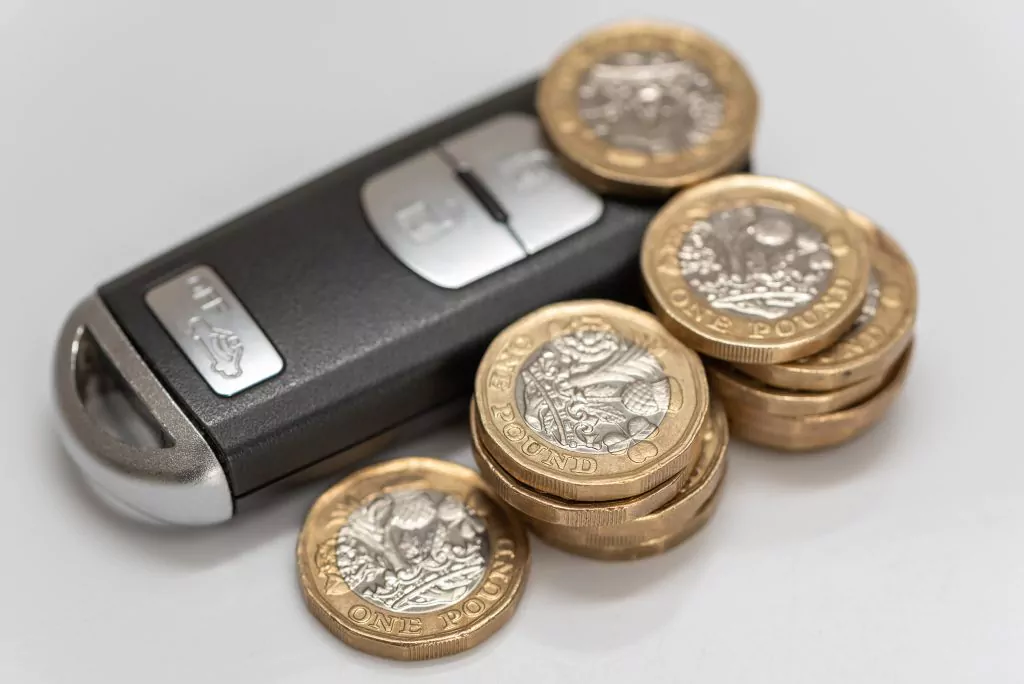April 23rd, 2024
Finding the Best Alternatives to We Buy Any Car in 2024
Posted By: BigWantsYourCar
Extra £150 on top of your valuation when you upload pictures of your car within 24 hours**T&Cs apply

The depreciation of a new car’s value can be a significant burden on your finances, but it’s important to note that the rate varies depending on the manufacturer and model. If you’re curious about ways to minimise your car’s depreciation, we’ve got you covered.
Explore valuable insights and tips on how to effectively reduce the decline in your car’s value over time with this ultimate guide on car depreciation.
Car depreciation refers to the decline in value that occurs over time. This reduction in value is primarily influenced by factors such as age, mileage, condition, market demand, and the overall reputation of the make and model.
Depreciation is often expressed as a percentage of the car’s original purchase price. The rate of depreciation can vary widely depending on various factors, including the brand, model, and market conditions. Generally, new cars experience their highest depreciation in the first few years of ownership.
As the car gets older and accumulates more mileage, its value continues to decrease. Resale value is typically lower than the original purchase price due to wear and tear, technological advancements, and the availability of newer models.
View our post – How to transfer car ownership
There are several factors that affect a car’s depreciation over its lifetime, including:
Considering these factors when buying or selling a car can help you make informed decisions and understand the potential depreciation rate.
To minimise depreciation and maximise the value of your car for longer, consider the following tips:
Understanding the impact of running your car is crucial when considering depreciation. The mileage you put on your car plays a significant role. A car driven 10,000 miles per year will depreciate more than one driven only 1,000 miles annually due to increased wear and tear.
Maintenance and repairs also influence depreciation. A well-maintained car retains its value better than one that is neglected. Additionally, fuel economy matters. Cars with better fuel mileage depreciate at a slower rate compared to those with poor fuel efficiency. Ultimately, the money you spend on running your car directly affects its depreciation.
In general, cars driven more frequently depreciate faster. Cars used for short distances or only on weekends tend to have higher resale values than those driven long distances or on a daily basis.
The depreciation per 1000 miles can vary significantly based on the car’s make and model. On average, a vehicle can depreciate by approximately £0.67 per mile travelled.
Cars that tend to depreciate the fastest include luxury cars, sports cars, and certain models from specific manufacturers.
Luxury cars are known for experiencing steep depreciation. Some examples of luxury cars that depreciate quickly are:
Sports cars typically depreciate faster due to their high initial cost and limited market appeal. Some examples of sports cars with rapid depreciation are:
Certain models from various manufacturers may depreciate faster than others. Here are a few examples:
It’s important to note that depreciation rates can vary depending on factors such as mileage, condition, demand, and the overall state of the used car market.
Cars that tend to depreciate the slowest or hold their value well include certain segments such as electric vehicles (EVs), high-end luxury cars, and certain models from specific manufacturers. Here is a breakdown:
EVs have shown a trend of depreciating slower compared to traditional internal combustion engine vehicles. This is due to factors such as increasing demand, government incentives, and advancements in EV technology. Some examples of EVs that hold their value well are:
Certain high-end luxury cars have better resale value compared to mainstream models due to their exclusivity and desirability. Examples of luxury cars that depreciate slower include:
Some models from specific manufacturers have a reputation for holding their value well. Here are a few examples:
Ready to find out what your car is worth and sell it? Big Wants Your Car is here to help!
Enter your car’s details on our website here to get a quick and accurate valuation, guaranteed for 7 days.
Whether you’re looking to upgrade, downsize, or simply curious about your car’s value, we guarantee a hassle-free experience and a fair offer for your car.
Don’t let depreciation get you down, strike while the iron’s hot and sell your car with Big Wants Your Car today.
April 23rd, 2024
Posted By: BigWantsYourCar
April 23rd, 2024
Posted By: BigWantsYourCar
April 22nd, 2024
Posted By: BigWantsYourCar
April 22nd, 2024
Posted By: BigWantsYourCar
April 22nd, 2024
Posted By: BigWantsYourCar
April 22nd, 2024
Posted By: BigWantsYourCar
April 19th, 2024
Posted By: Mk
April 19th, 2024
Posted By: Mk
Get a free valuation today
Value my car